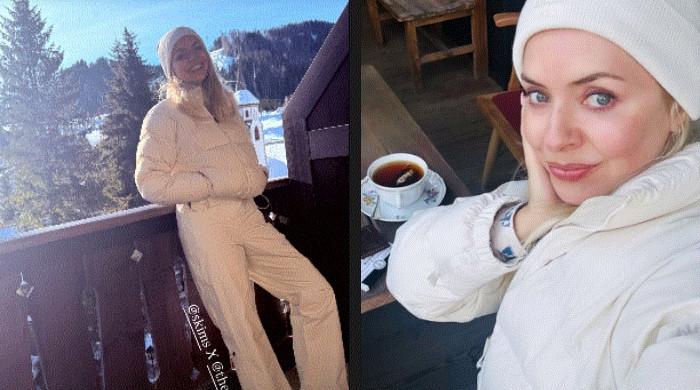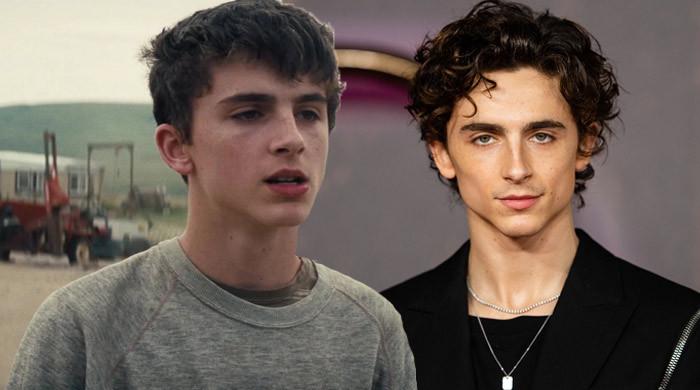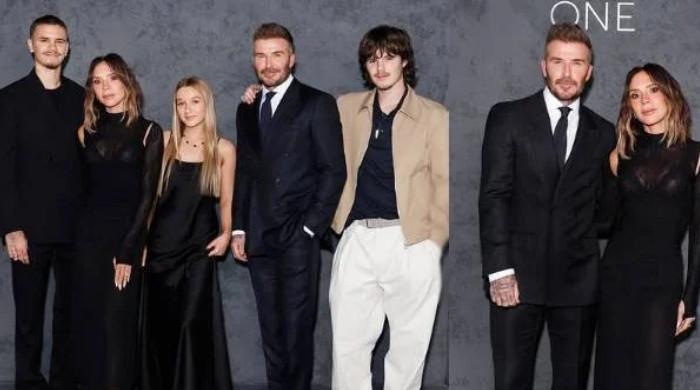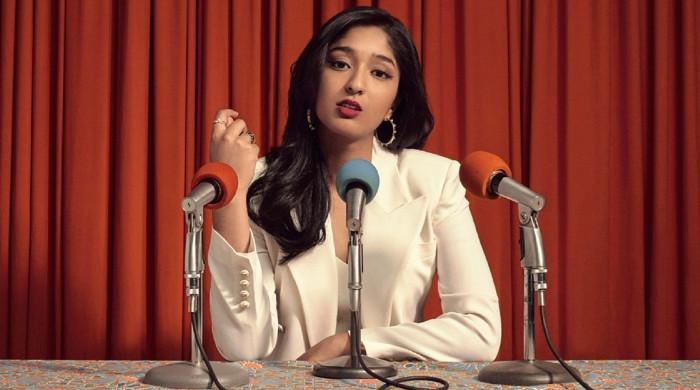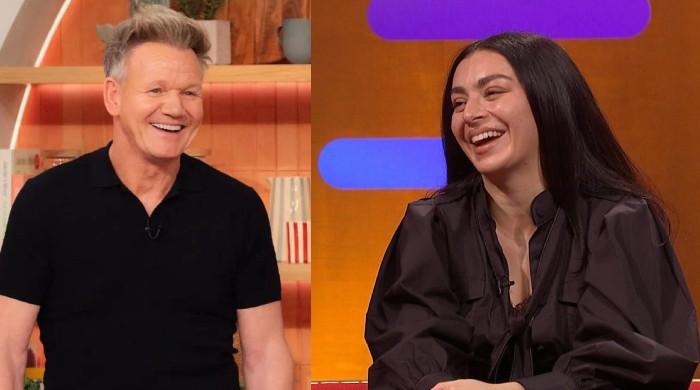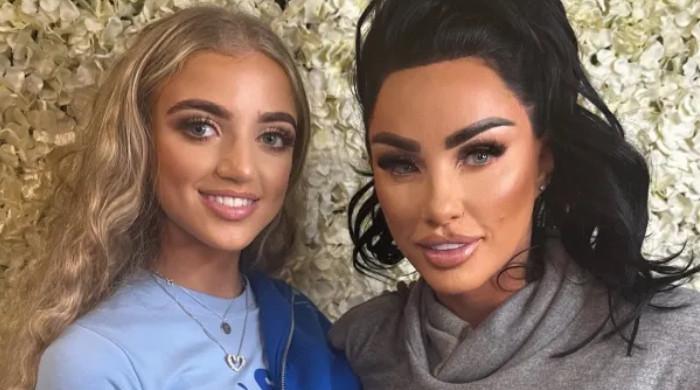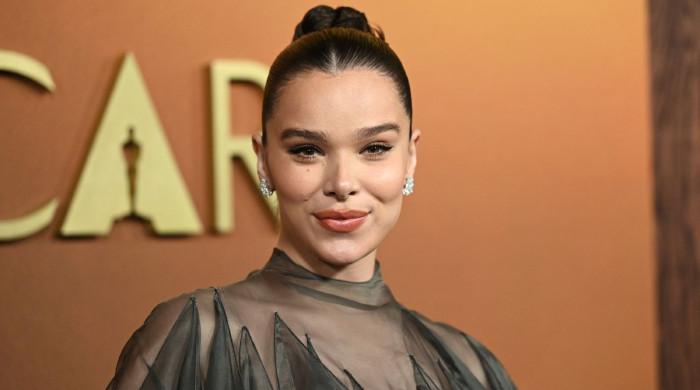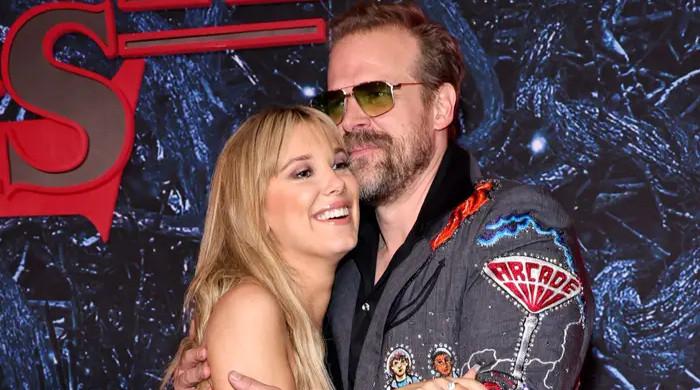Justin Baldoni reveals how a serious illness affected his life and career
Justin Baldoni talks about how ADHD made him feel "out of control" growing up
December 06, 2024
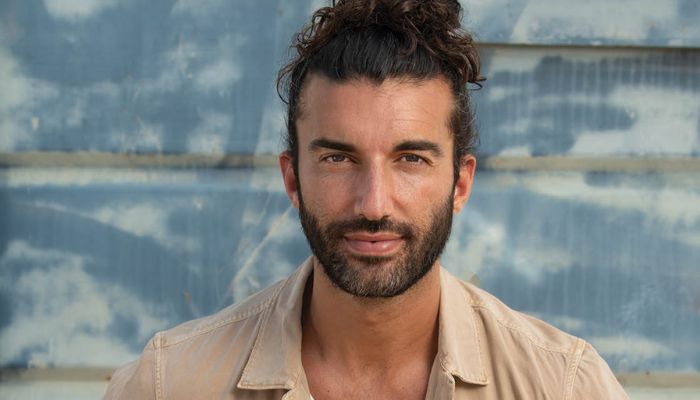
Justin Baldoni, an acclaimed actor and filmmaker, recently got candid and opened up about his health struggles.
Reflecting on his health on the December 4 episode of Elizabeth Day’s How to Fail podcast, Baldoni talked about how he felt when he learnt he had attention-deficit/hyperactivity disorder (ADHD), which he had been suffering from since his school.
He revealed, “I was diagnosed officially at 40, which means this year, I turned 40 early in January.”
“This is after probably four years of my therapist telling me it might be a good idea to go and get an actual diagnosis, pushing me in that direction because a common theme in my therapy sessions was this feeling of just not being enough,” Baldoni shared.
The actor-director of It Ends with Us went on to say that “What I realized is that I've lived the majority of my life feeling like I had a deficit, that I was behind, that I wasn't like everybody else.”
Baldoni explained that there were signs of the diagnosis when he was younger, as he was told he "was out of control," "didn't pay attention," and was "disruptive."
The star of After Dusk They Come also remembered having "parent-teacher conferences being suspended."
“I don't really have any positive memories of school. Reading was always very tough,” the 40-year-old actor admitted.
Baldoni mentioned, “I remember at a very young age, having to reread and reread and reread pages over again, because I would read and then I would forget what I read, and that continued over the course of my life.”
However, he quipped that despite facing challenges in studies, “there were subjects that I excelled in because I was very interested in them.”
Moving forward, the Everwood actor claimed that this made him feel "stupid," and he had no one to "talk to about it" at the time, not even his parents.
He thought that his parents might also "have it diagnosed,” but they "didn't want" him to feel like he "had a disability," so they chose not to have him "tested" or medicated when he was "young.”
"Not wanting me to be doped up on something and ADHD back then wasn't really understood. It was a deficit. You were broken and I think they didn't want to raise me feeling broken and ironically, because nobody was there to talk to me about it, nobody held space for me. I felt broken,” Baldoni said.
Moreover, the Clouds star said his thinking has changed since he got his ADHD and neurodivergent diagnosis, as he sees himself much more "compassionate," especially looking back at his childhood.
"[The diagnosis] gave me so much compassion for myself and I am able to hold that little boy who had nobody, who felt like he was the odd one out that he couldn't learn the way everyone else could. That he couldn't function, that he couldn't regulate his emotions, that he couldn't sit still."
“I'm able to hold him and let him know that it wasn't his fault, and I get to remind him that all that, the way that your brain works, all of those things that you hate about yourself are going to be the things that allow you to be successful one day, that allow you to flourish and succeed,” Baldoni concluded.




